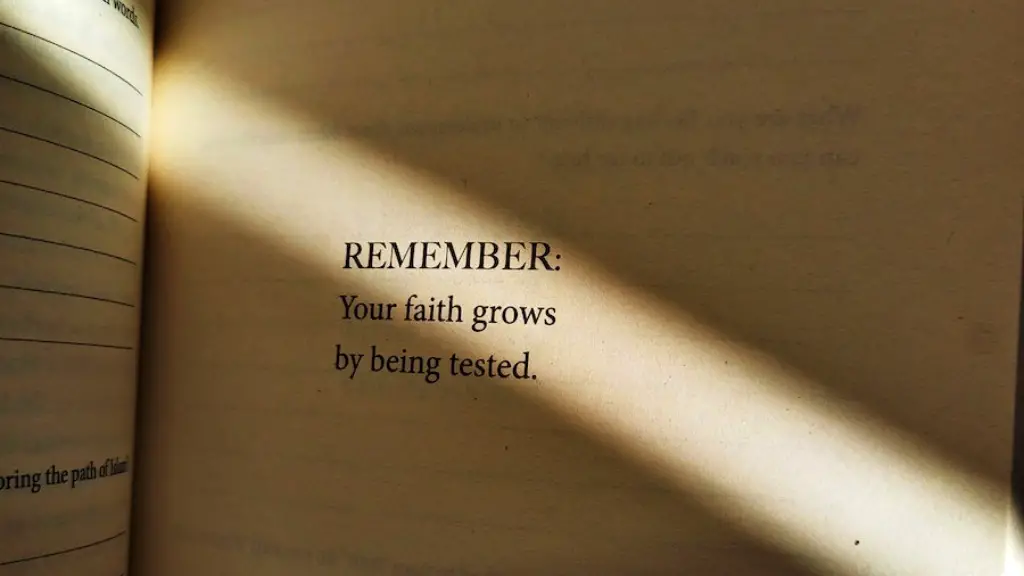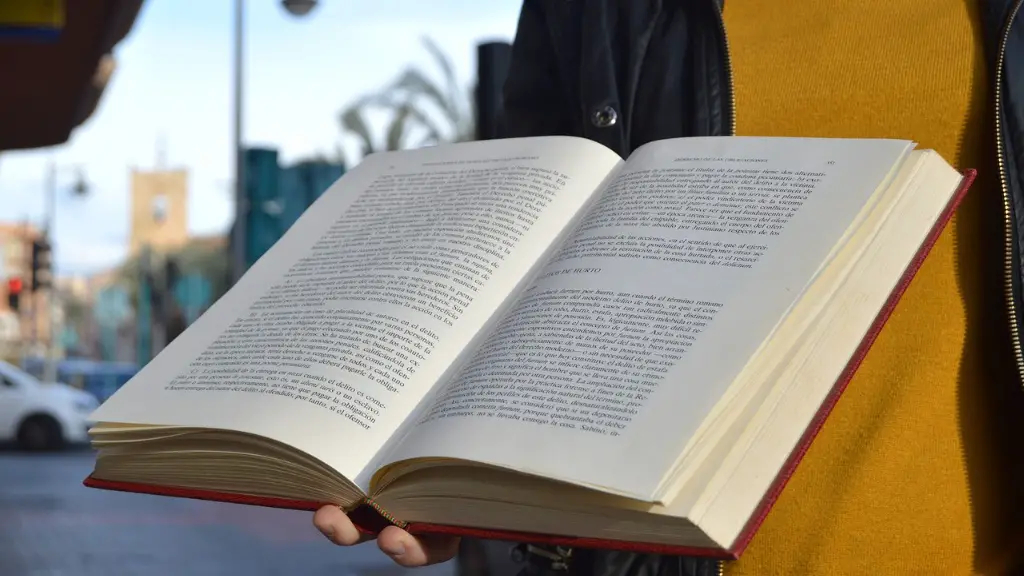Who Was Elizabeth Barrett Browning Influenced By?
Elizabeth Barrett Browning, the esteemed Victorian poet and playwright, has had an enormous influence on the literary world. She wrote some of the most beloved and beloved works of the era, and has been cited as an inspiration by respected authors, critics, and poets alike. But who was she influenced by?
A crucial influence on Barrett Browning’s career was her own family – particularly, her father. He was an advocate for social justice and a poet in his own right. His understanding of the power of language, attention to detail, and enthusiasm for the arts rubbed off on his lovely daughter.
In addition to her father, another major influence on Barrett Browning’s writing was the Romantic poetry that she read and re-read throughout her life. Especially important were some of the great English Romantic poets – William Wordsworth, Percy Bysshe Shelley, and John Keats. Barrett Browning was heavily influenced by Wordsworth’s work, in the sense that she wrote, similarly to him, poetry of nature, poetry of humans, and philosophic poetry. She often quoted Keats in her poetry and admired him deeply for his magical and sensuous verses.
Furthermore, Barrett Browning was greatly inspired by Christian theology and mythology. From her childhood, she was an awe of the power of narrative stories, and incorporated much of these influences into her writing. She was an avid reader of Dante, who many credit as the foremost poet of the Italian Renaissance.
In addition to these literary influences, Barrett Browning was heavily impacted by contemporary European political thought, especially those of the French liberal Romantics and theorists such as Saint-Simon. Though she was considered a liberal writer, her views, especially regarding religion and social issues, made her conservative by the standards of the period. Her study of the French Revolution and its subsequent Reign of Terror left an indelible mark on her writings. Additionally, her political discourse, particularly her writings on the state of international relations, have been esteemed by critics throughout the centuries.
Finally, another major influence on Barrett Browning’s growth as a poet was her relationship with poet Robert Browning. Her time spent with him widened her philosophical knowledge, which made it easier for her to find words that could convey her thoughts and feelings. Moreover, her husband introduced her to artistic circles, which spawned her creativity as a poet.
Influence from Classical Education
The classical education that Barrett Browning received as a young woman strongly influenced her later writing. She was especially influenced by the writings of Milton, who she read and appreciated deeply. His epic poem, Paradise Lost, inspired her own epic poem, Aurora Leigh, which has since become regarded as one of the great works of literature from the Victorian era.
Barrett Browning’s knowledge of Latin and Greek, which she gained from her classical education, is reflected in the themes and language used in her poetry. Many of her works, such as “The Cry of the Children”, “The Battle of Marathon”, and “The Bride’s Tragedy” make use of ancient themes and references, as well as allusions to classical literature.
The classical world was also a great inspiration to Barrett Browning’s political views. She followed the tradition of classical political theorists such as Plato, producing numerous works that were influenced by his political philosophy, such as her masterpiece, Sonnets from the Portuguese.
Influence from the Great English Poets
Barrett Browning was highly influenced by a number of the great English poets. From Chaucer to Shelley, her works echo the style and themes of their work. She was especially inspired by the work of William Wordsworth, whose famous poem “The Prelude” was a source of inspiration for her own epic poem, Aurora Leigh.
In addition to Wordsworth, Barrett Browning also drew inspiration from the third great Romantic poet, John Keats. She had a great admiration for Keats’ poetry and was fascinated by his unique use of language. His poetry was an influence on her own lyrical works, such as “The Cry of the Children”.
Influence from Her Personal Life
Another major influence on Barrett Browning’s literature was her own personal life. She drew inspiration from her relationships and her experiences, which are reflected in many of her works. Her greatest love story was her own – her marriage to Robert Browning and their life together in Italy.
One of the greatest works to emerge from their life together was Sonnets from the Portuguese, a collection of sonnets that she wrote about their life, love, and struggles. This work has become her most famous and beloved work, and is still read and beloved to this day.
The Feminist Influence
Though she wasn’t a committed feminist, Barrett Browning’s influence was undoubtedly feminist in nature. Her works, especially Aurora Leigh, demonstrate her belief in the capability and value of womanhood and push the boundaries of societal expectations of women.
Barrett Browning also contributed to the growth of women’s rights in Europe by contributing to the discussion on topics such as female education, women’s suffrage, and even marriage. Her stance on these issues was particularly advanced for the era in which she lived and her works had a major impact on the direction that women’s rights would take in the future.
Influence from Shakespeare
Barrett Browning was also heavily influenced by the great works of William Shakespeare. Her sonnets were modelled after his, and her play, The Seraphim, was a variation on one of his most popular works, The Tempest. The themes of nature, love, and mortality that she explored in her work are reminiscent of Shakespeare’s work, echoing him in style and form.
A Legacy of Influence
Elizabeth Barrett Browning has had a major influence on countless writers and readers over the centuries, and her influence is still felt today. Her inspiring works, her inspirational life, and her revolutionary politics have made her a timeless icon of beauty, bravery, and brilliance.

